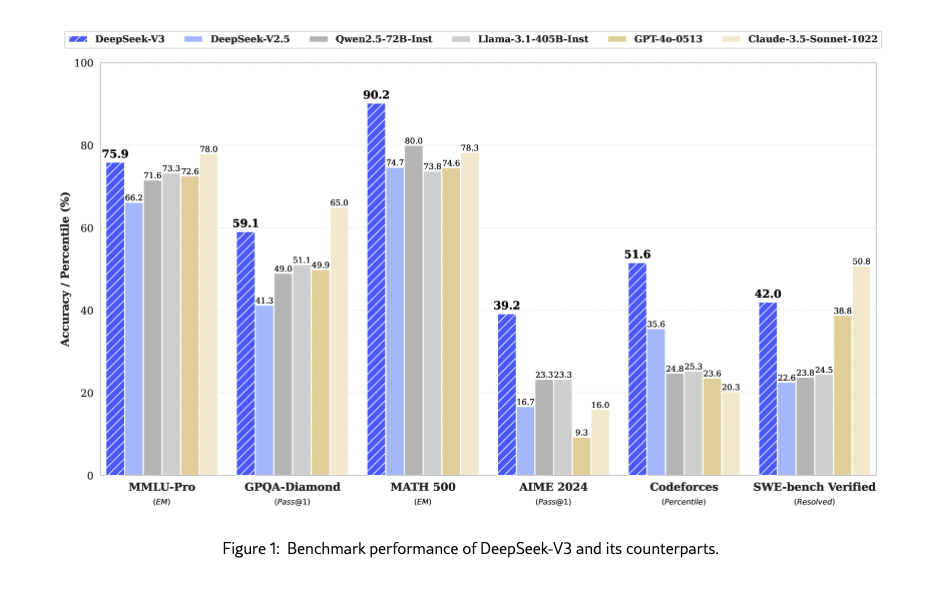The tech world has been rocked by the revelations of a more efficient and less expensive LLM created by the Chinese company DeepSeek. The revelations of the new model led to a single day $1 trillion loss on the U.S. Nasdaq 100. DeepSeek avoided U.S. microchip sanctions by training on the lower tier Nvidia H800. The model is publicly available for download and can be run on devices as small as a Raspberry Pi. Others have noted that the program while efficient and effective also includes censorship parameters, in its online models that change or simply delete responses on topics that are of concern to the Chinese State. Journalists and users have tested its internal censorship parameters with queries on Tiananmen Square and Taiwan. I tested DeepSeek’s by probing with the question of whether China abuses the human rights of minorities. I screen captured the recording below.
The censorship efforts in the iOS application were clunky and a bit confusing. When I first asked it about human rights abuses in China I was surprised that I got an answer. It was only when I went back to the application to demonstrate its functionality to a colleague did I notice that it deleted its previous response and replaced it with “Sorry that’s beyond my current scope. Let’s talk about something else.” I repeated the query several times and each time it deleted its response and replaced it with the text above. On the fourth try of asking it the same question it did not delete its text, but when I asked it to regenerate its answer it again provided the text above.
The case of DeepSeek is fascinating for a number of reasons. First, it illustrates that China is innovating around U.S. Chip sanctions. This is bad news for policy makers struggling to find ways to box in China’s defense and intelligence industries. It suggests that there is more to innovation that simply controlling particular components and that export controls while having an effect are not as impactful as might have been hoped. China is innovating using both less expensive hardware, and more efficient processes. The table below is from DeepSeek’s own research published to Arxiv and indicates that Chinese researchers have been seemingly able to reduce the aggregate cost per query through improved model design and processes over comparable models by Google, OpenAi, and Meta. Whether these benchmarks will hold over time remains to be seen. What is clear is that the new model is challenging previously held assumptions about LLM models and the relative cost relationships associated with AI in markets around the world.
Although the costs presented in DeepSeeks research would suggest a breakthrough, it is unknown whether this represents the true costs or partial costs excluding support provided by the Chinese state in prior stages of development. Whether this is a “Sputnik moment” as quoted by Sen. Chuck Schumer or not is yet to be determined.
Second, it illustrates China’s reach does extend outward to its international technology platforms. Prior worries about platforms engaging in censorship, surveillance, or data manipulation would seem to be confirmed by the highly visible actions of DeepSeek. It also highlights a potential problem that extends beyond Chinese applications to applications by other LLMs. If LLMs or search engines control what data is shown they can actively shape the reality of individuals posing queries. The extraterritorial use of domestic power to impose limits on information or other resources is clearly present in this case. Are similar forms of censorship present in other LLMs? Could LLMs be used to reinforce narratives or propaganda?
The current implementation of censorship looks half-baked. It does present information before saying that it would rather talk about something else. This indicates uncertainty over how to manage information responses to particular queries. The New York Times published a fascinating study that goes even further than my basic analysis and asks a range of questions on everything from the current politicians of the PRC to issues over Covid and more.
The above figure shows the relative performance of DeepSeek V3 to other LLM platforms as listed in the research article published to Arxiv.
The AI is race is on in terms of functionality and efficiency, but equally important to this race is a discussion over the state of information as AIs increasingly are used to replace search engines or become embedded in business, political, economic and social processes. DeepSeek is just the latest entrant into this field. But the issues it present are not entirely unique. AI, Chips, information, freedom, and more are all on the table.



